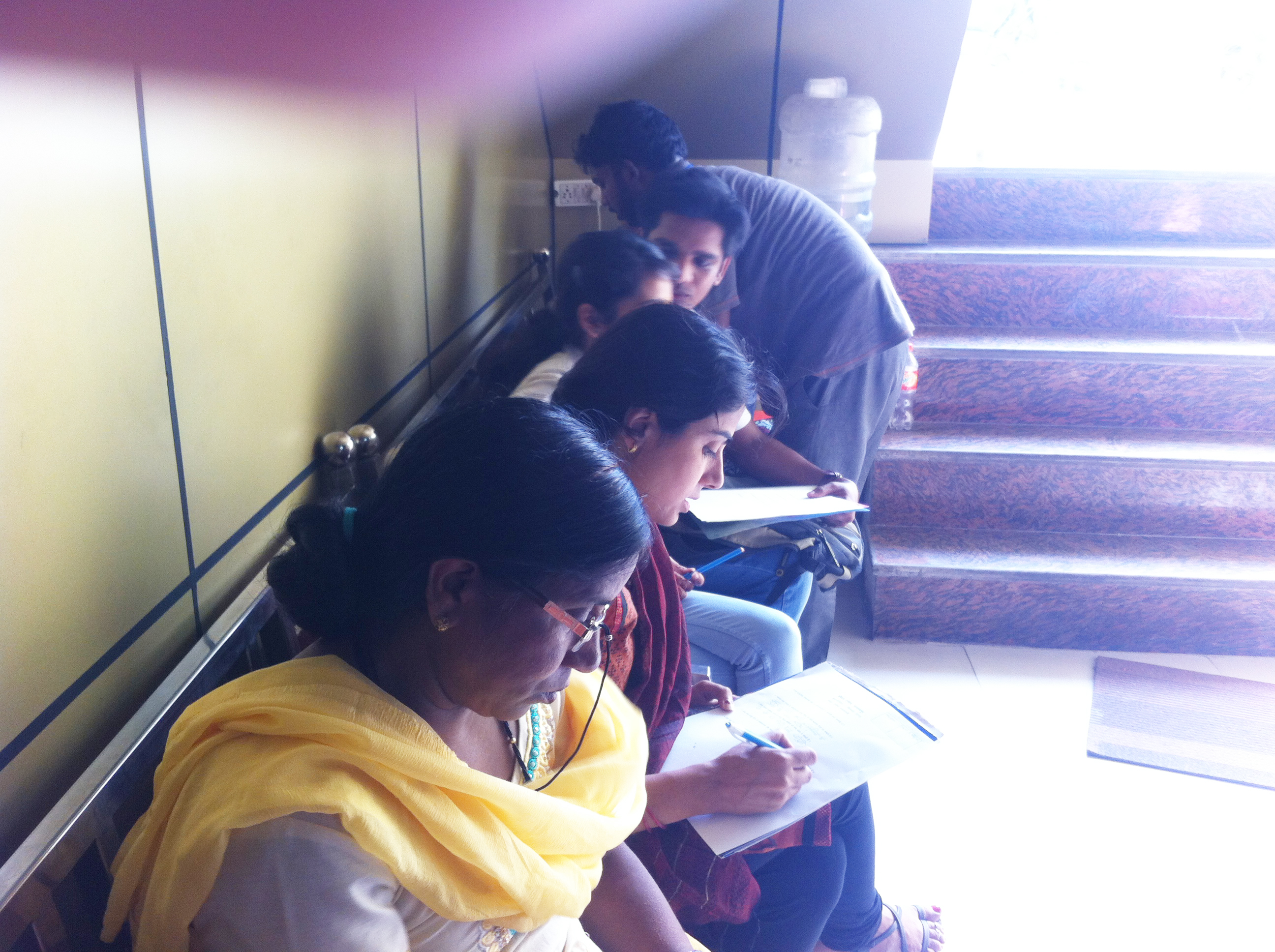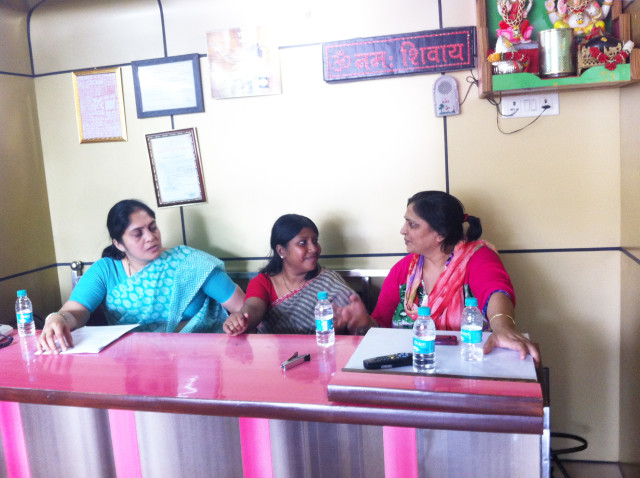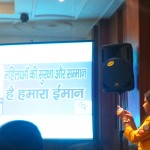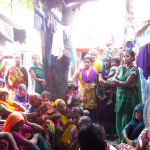The Crisis Management Centre of Usmanpur organized a Doctor’s training on the 3rd of September, 2015 at Muskan Hospital. The training was facilitated by Dr. Rajini Menon and Mrs. Prajakta Neelkanth. The training was aimed at equipping the doctors with an understanding of gender and how power relations mould the society.
The training began with a round of introduction of the participants. Mrs. Prajakta then introduced the institution’s work on Women’s rights and gender justice spanning 30 years. This was followed by a discussion on ‘sex’ and ‘gender’, which led to a discussion on patriarchy. In relation to patriarchy, the issue domestic violence was raised. Domestic Violence is a way of maintaining domination over the female gender. Domestic Violence is normatively understood as part of the masculine behavior. Alcoholism further intensifies the instances of Domestic Violence.


The alarming statistics of the National Health Family Survey, 2005 were put forth according to which 1 in every 4 women faces Domestic Violence. It impacts the entire family but also leaves scars on the children. The participants agreed with the gravity of the situation but felt that the society turns a blind eye towards the epidemic of Domestic Violence acts. Abuse is often muted in the public sphere.
This was followed by a session that stressed on the fact that Doctors play a significant role in the society. They try and give back to the society. What is required of the doctors is to be extremely gentle and sensitive while dealing with the patients. This session was aimed at making the participants understand the psychology of the survivors and how an attempt should be made to earn the respect and trust. Especially lady doctors can also become a counselor and a first point of contact. The participants were made aware of the service providers that can be contacted in case the injury indicates violence.


A suggestion was made by a participant of displaying names of Protection Officer and Crisis Management Centres of the region in the hospitals.
The training was interactive encouraging the participants to give their experiences of dealing with cases of intimate partner-violence. A pre and post training questionnaire was administered to all the participants. Half of the participants had not dealt with a domestic violence cases. Those who did, their response were restricted to medical care. They expressed that the training was beneficial for them and wanted these sensitization trainings to continue as this would equip them with the knowledge and information to act as counselors in such cases themselves.
Donation for Centre for Social Research to Join our effort in rehabilitating Domestic Violence
Discuss this article on Facebook




